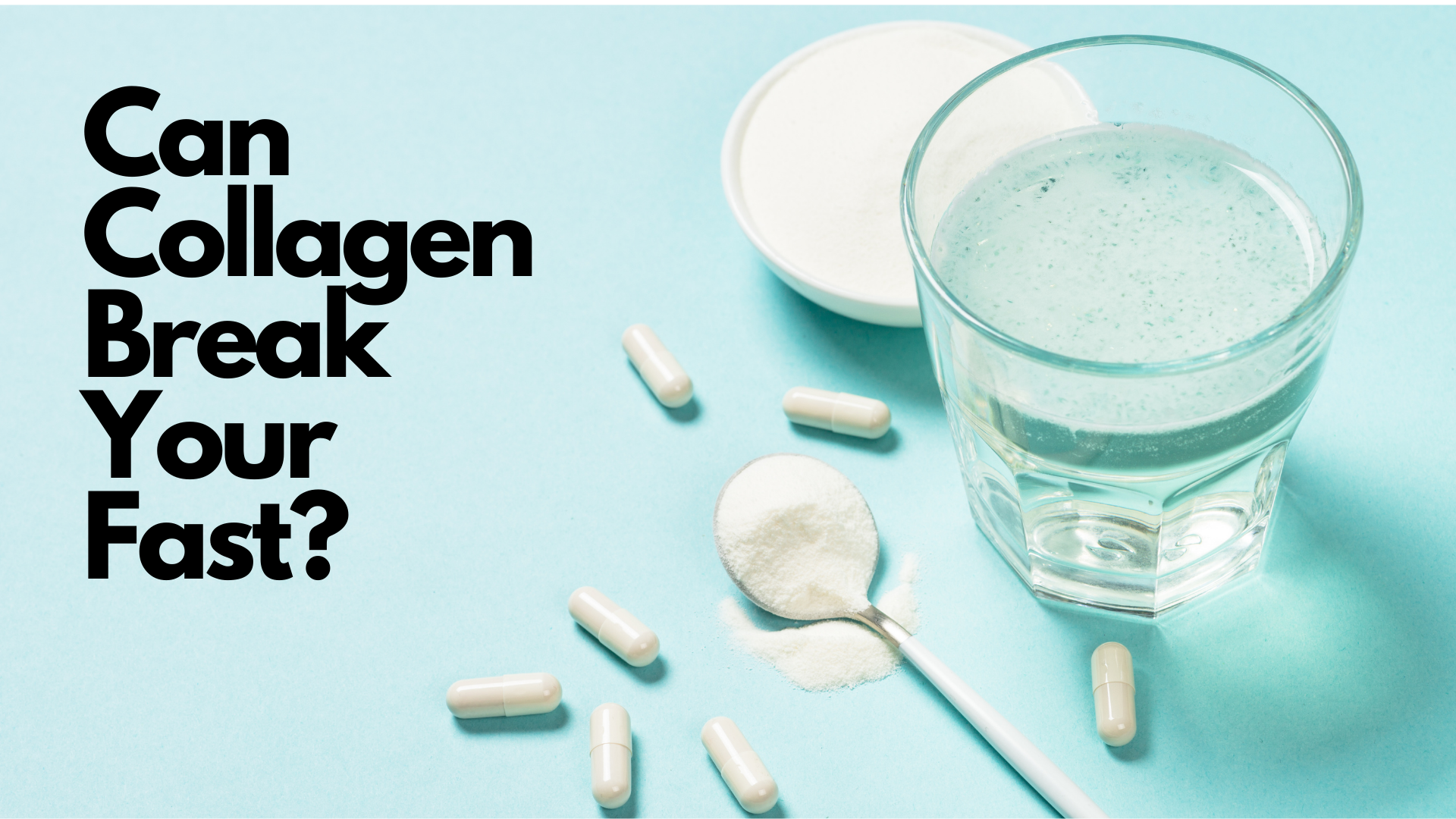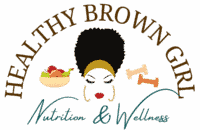
Collagen is a popular supplement that provides several benefits to the body. If you are a regular faster, and are taking or are considering adding collagen to your diet for those benefits, you may be wondering, “Can collagen break a fast”?
In this article, I will specifically discuss the properties of collagen and whether it can break your fast.
Are you curious about this topic? If so, keep reading.
What is Collagen:
Maybe you’re taking collagen because you heard about its anti-aging effects.
However, did you know that our body naturally makes large amounts of collagen?
Well, it’s true. Collagen is an abundant and important protein naturally found in our skin, muscles, tendons, connective tissues, and even bones. It’s composed of three amino acids; glycine, proline, and hydroxyproline. This makes collagen an incomplete protein.
Our bodies can form collagen when we eat protein-rich foods such as bone broth, beef, beans, eggs, and dairy products.
Vitamins such as vitamin C and zinc are also components that are important to the process of collagen synthesis.
Common collagen supplements like gelatin or hydrolyzed collagen are easily digestible forms of collagen that usually come in pill or powder form. Some studies have shown that collagen supplementation can be beneficial.
Keep in mind that a diet packed with a variety of foods such as proteins, legumes, leafy green vegetables, and fruit, can prevent the need for supplementation.
However, if you have issues with skin elasticity, joint pain, muscle fatigue, or loss of flexibility, you may want to consult your healthcare provider to
determine if you are dealing with collagen deficiency.
Can Collagen Break a Fast:
In short, since collagen and collagen supplements contain protein, YES, collagen can break a fast. Let me explain why.
First, let’s establish what is considered fasting. Simply put, anything that triggers an insulin response can break a fast. In the body, the pancreas releases the hormone insulin hormone to signal our cells to use glucose for energy.
When we eat food, our blood sugar levels rise as glucose circulates in our blood. Insulin is the key that stabilizes blood sugar levels. If insulin does not work properly, it can lead to metabolic disorders like diabetes.
Any excess blood glucose is converted to glycogen or fat and stored for later use. It is at this point that the body enters the early fasted state.
Carbohydrates are the main component of food that is responsible for increased blood sugar, while protein and fat have little to no effect at all. However, protein and fat can still trigger an insulin response over time.
Gluconeogenesis is the stage when the body makes glucose from non-carbohydrate sources as a result of low glycogen. If protein is consumed during this time, it will be converted to glucose and trigger insulin to be released.
Your body enters gluconeogenesis after approximately eight hours of fasting.
To sum it all up, protein does gradually trigger an insulin response.
Therefore, collagen supplements, which are a form of protein, can break your fast.
In Summary:
When considering whether or not supplements like collagen, certain foods, or beverages have the potential to break your fast, I’d recommend asking one question.
“Can this cause my body to release insulin?” If you determine that it can, you should consider consuming it during your feeding window.
New to fasting? Be sure to subscribe to our mailing list to get your FREE intermittent fasting guide.

I hold an undergraduate degree in Nutrition and Dietetics, and am currently pursuing my masters degree in Positive Psychology. I am also member of The Academy of Nutrition and Dietetics so I can stay up to date on all the latest nutrition news and research. I am dedicated to sharing what I have and am learning both personally and professionally with women seeking to lose weight and improve their lifestyles.
